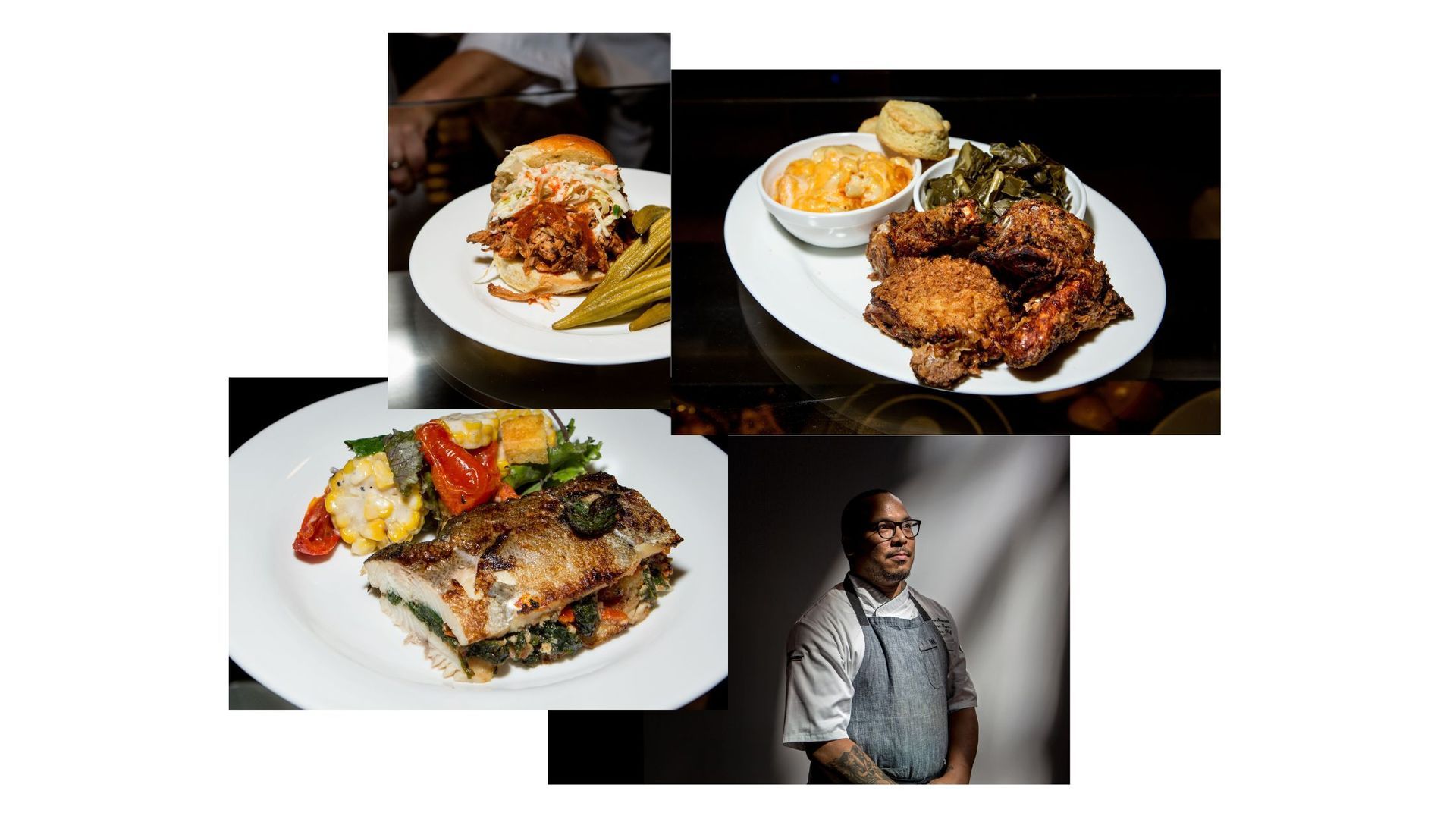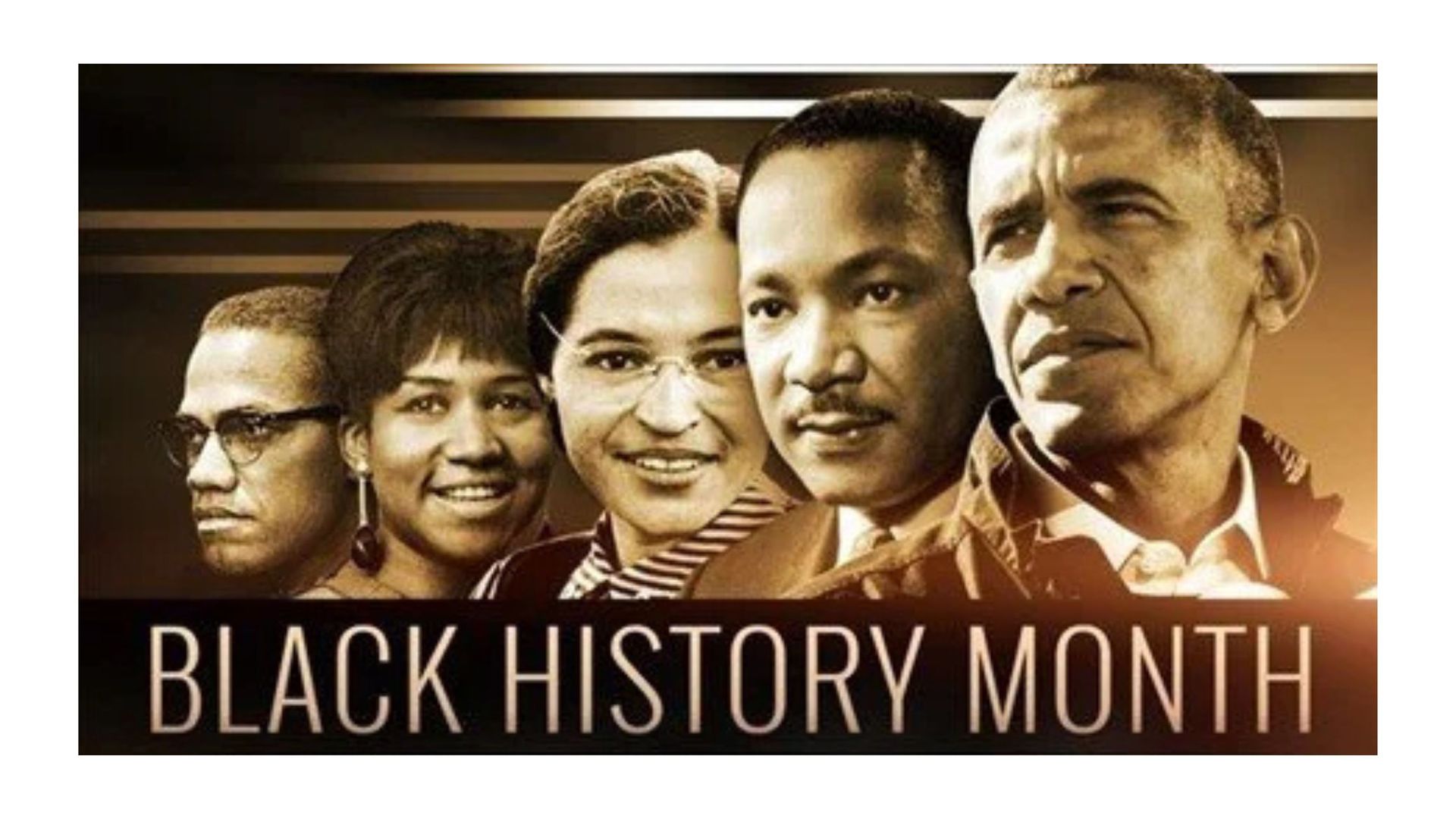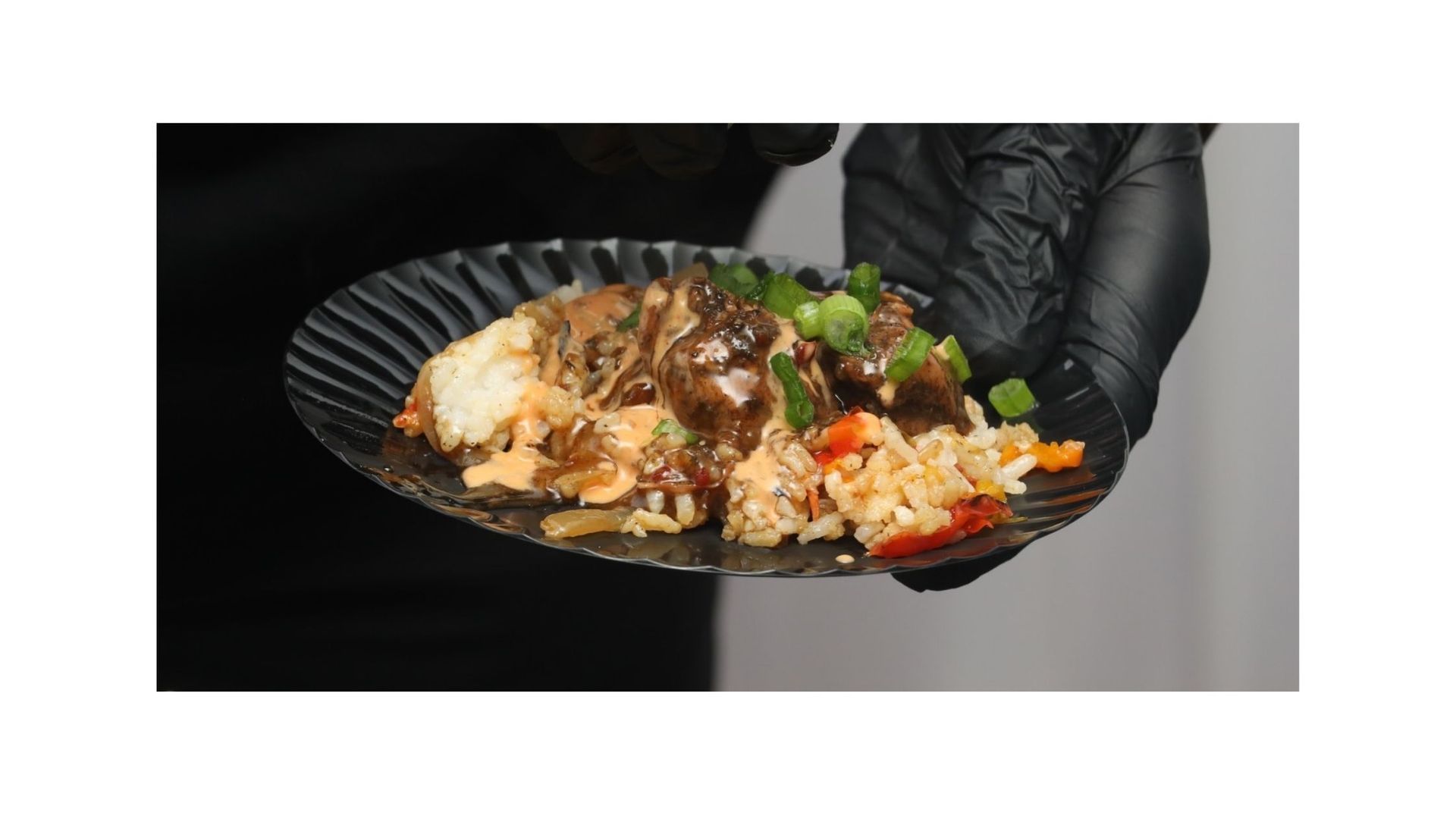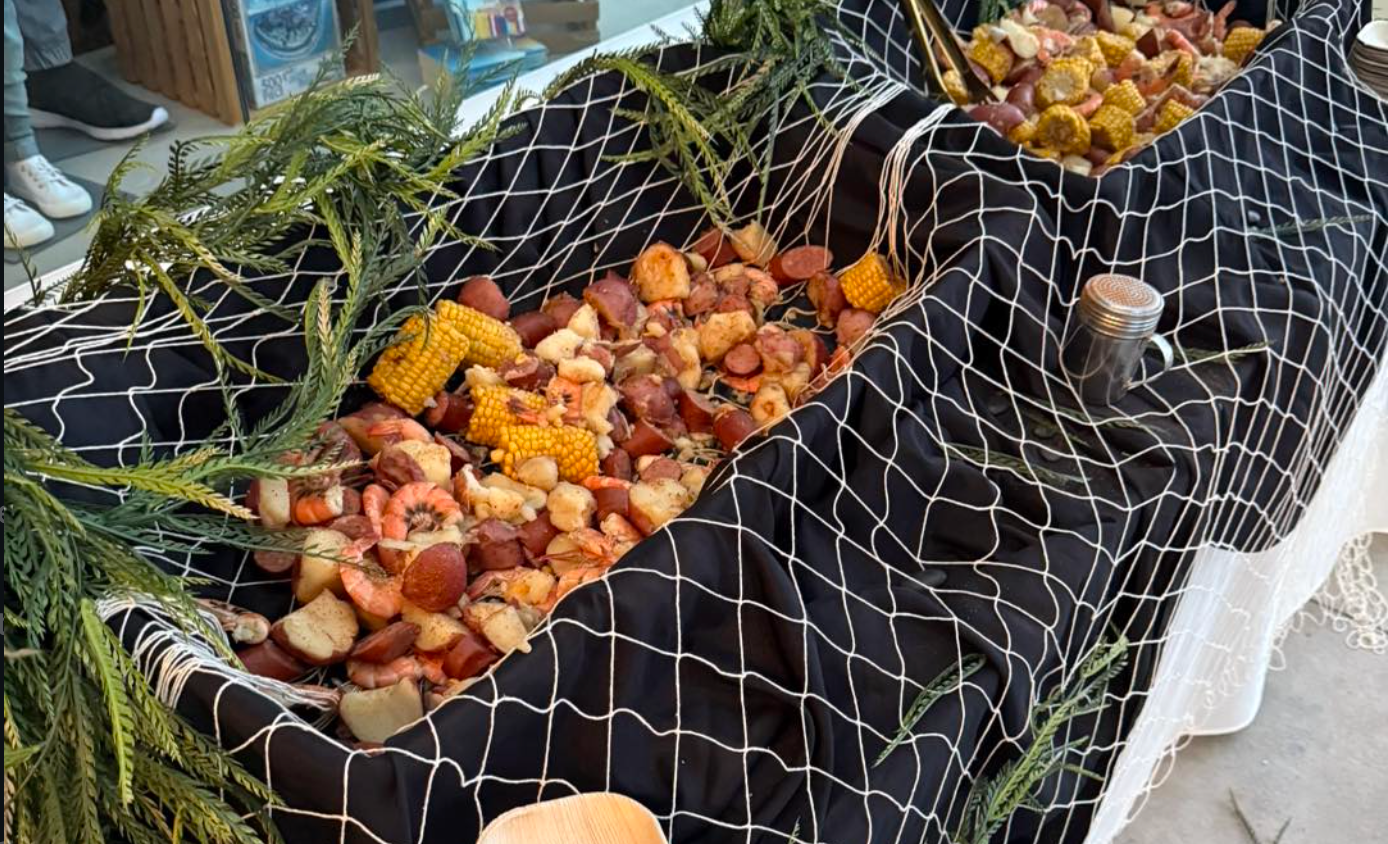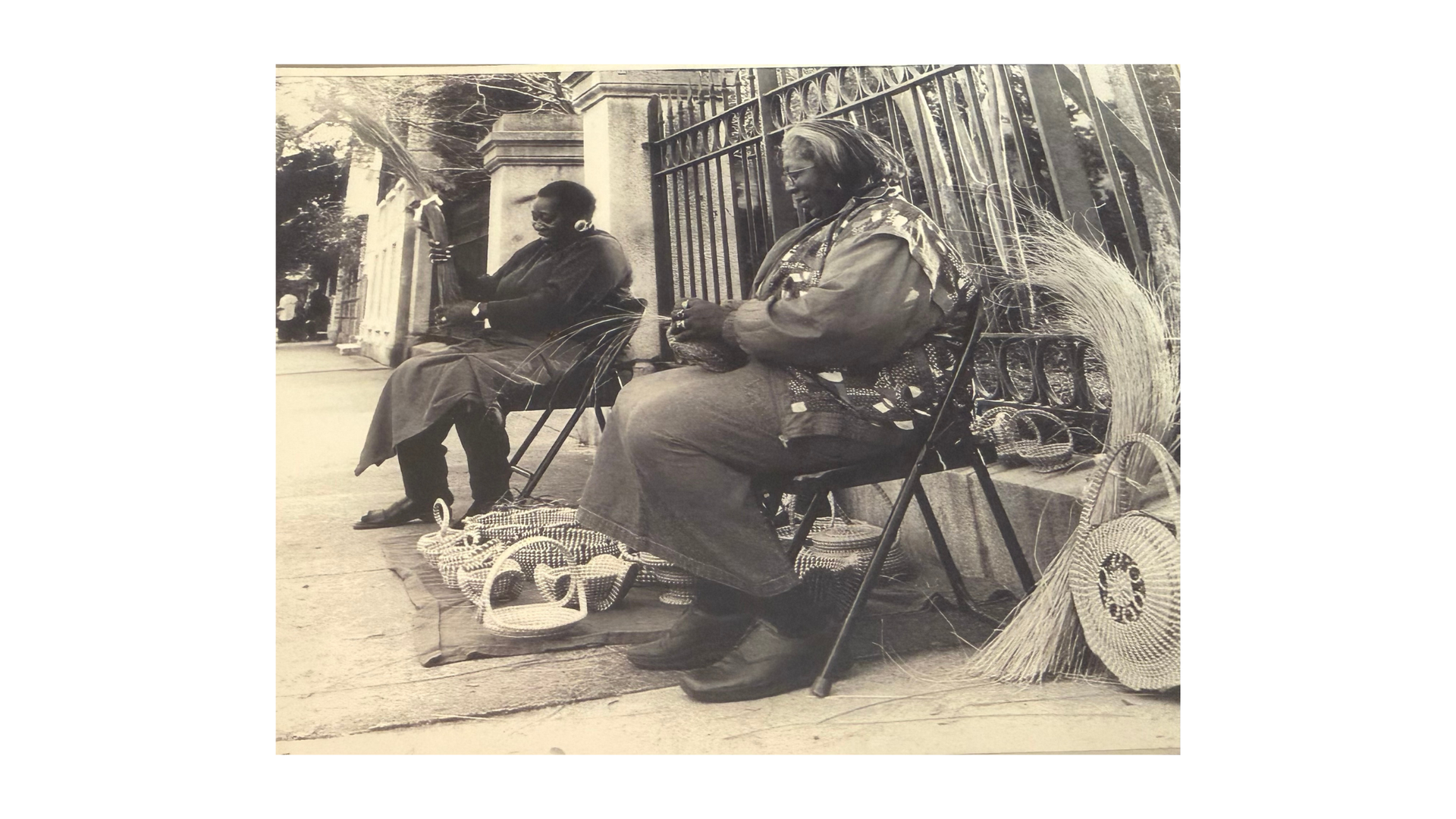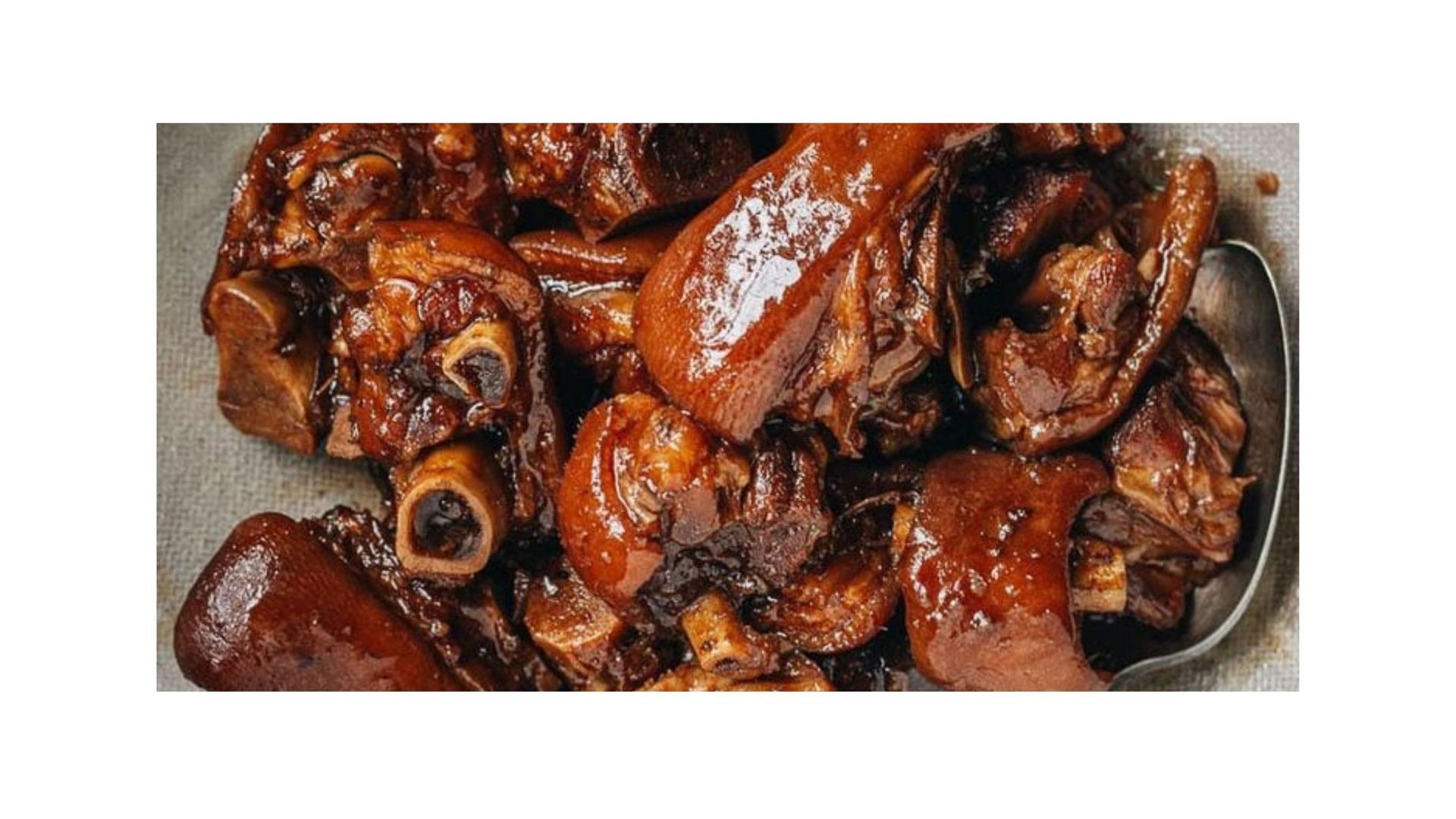What is Gullah Cooking?
At Carolima’s, when we talk about Gullah cooking, we’re not just talking about food — we’re talking about heritage. It’s the taste of the Lowcountry — the marshlands, the sea islands, and the family tables that connect generations. Rooted in West African traditions and shaped by the resources of the Carolina and Georgia coasts, Gullah cuisine tells the story of resilience, creativity, and love through every bite.
Gullah cooking is all about making the most out of what’s fresh, local, and full of flavor. Think shrimp and grits made with stone-ground corn, okra soup slow-simmered to perfection, red rice cooked in rich tomato gravy, and crab rice seasoned with just the right touch of spice. These dishes came to life in kitchens that relied on seasonal ingredients, simple tools, and a whole lot of ingenuity — and they’ve stood the test of time because they speak to something deeper than taste: home.
What makes Gullah food special is how it bridges the gap between past and present. The techniques — stewing, smoking, one-pot meals — all reflect West African cooking methods that enslaved Africans brought to the Lowcountry. Over time, those traditions blended with Native American and European influences, creating a cuisine that’s distinct, soulful, and uniquely Southern. Every dish carries a piece of history — not written in textbooks, but shared at dinner tables and Sunday suppers.
Today, Gullah cooking continues to evolve while staying true to its roots. You’ll find it in Charleston restaurants, family reunions, and festivals celebrating the Gullah Geechee culture — but for us, it lives in the moments when people gather, pass plates, and say, “This tastes just like my grandma used to make.” That’s when we know the story is still being told.
At Carolima’s, we’re proud to share that story through every plate we serve. Whether it’s our red rice, collard greens, or Charleston Chewies, you’re getting a taste of tradition — seasoned with history, culture, and a whole lot of love. Because Gullah cooking isn’t just about what’s on the menu. It’s about connection — to the land, the people, and the stories that make the Lowcountry home.
